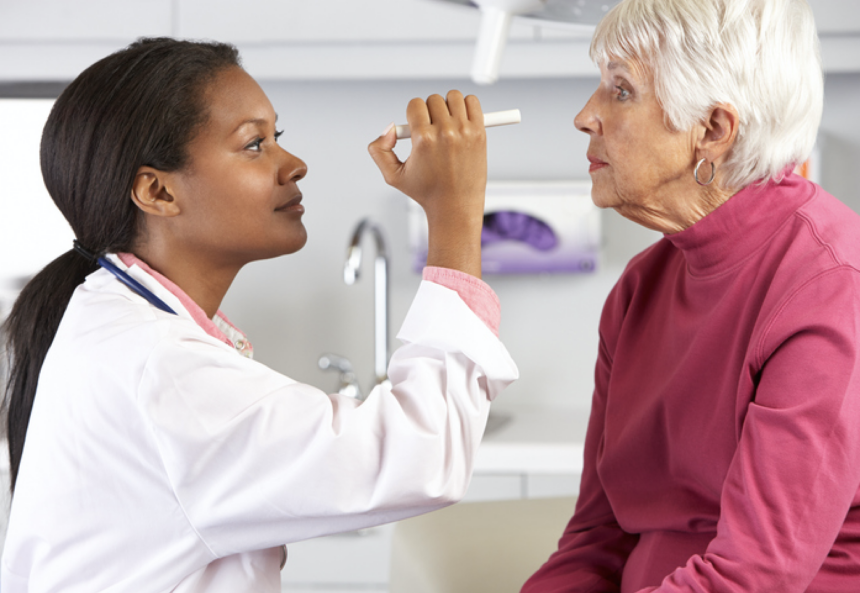This content originally appeared on Diatribe. It was reissued with permission.
About money
The global pandemic has disrupted many healthcare services, but eye care remains essential and available in certain circumstances
Diabetes can lead to changes in your vision and problems, and annual eye appointments are required for everyone with diabetes. It can prevent vision complications for decades and years. It’s about glucose management and genes. For people who already suffer from eye complications, treatment may be required frequently every few months to keep their vision as strong as possible. However, Covid-19 has disrupted many aspects of our daily lives, including the ability to visit eye care professionals for regular appointments. Although providers may not be able to meet in person at this time, there are still ways to access the care they need and keep them as healthy as possible.
Can I see the iAcare provider directly?
We reached out to Diatribe’s network of healthcare professionals to learn that vision providers are still treating emergencies and treating people with advanced cases of diabetes-related retinopathy and diabetes-related macular edema. Emergency situations may include cases of trauma, infection, or sudden changes in vision (e.g., flashlights, floaters, blurred notes). If you experience any of these situations, talk to your healthcare team immediately.
If you have been diagnosed with diabetes-related retinopathy or diabetes-related macular edema, delayed treatment may jeopardize deterioration of vision and may need to receive intrapersonal care. If treatment is being rescheduled, double check with your healthcare team to make sure your vision is not at risk. For milder cases of diabetes-related retinopathy or diabetes-related macular edema, healthcare professionals may consider the risk of exposure to Covid-19 compared to how your vision is affected without scheduled treatment.
Planning ahead is important and everyone is different. Ask your doctor in advance about how a particular plan is for you. If you visit an eye care provider in person, don’t forget to cover your face. This will help you and your healthcare team stay safe.
Telemedicine and Eye Care: When can you actually talk to a healthcare professional?
For external eye issues, a video visit will help you connect with your provider from your home. Outside the eye problems can include redness, discharge from the hospital, or swelling. Explaining your symptoms to your provider via video will help you determine if you need to watch them in person.
What should you know about scheduling an appointment during Covid-19?
For those who already schedule eye appointments regularly, your health checks can be delayed in these times. Even if your visit is delayed, you should be aware of changes in your vision. This can be done by giving yourself a home eye test. If you haven’t already made an annual visit with an eyecare professional yet, try setting up an appointment as soon as the eyecare clinic returns.
Remember: Keeping your blood sugar within range is the heart of maintaining a healthy eye.
In these challenging times, we are impressed by telehealth use, eye care and more. For more information about telemedicine in Covid-19, check out these nine tips by longtime Diatribe Advisor Dr. Francine Kaufman. For many health professionals, we appreciate your service and support. Please mark your calendar – July Healthy Vision Month, And we have more articles about the eyes that go your way soon!
About Kira
Kira Wang graduated from Duke University Summa Cum and graduated from Psychology degree and Minors in Biology and Chemistry. She wrote an advanced paper on deal coping strategies between chronically ill parents and young people, and spent time researching eye imaging techniques at the Duke Eye Center.
(TagstoTranslate)Covid-19 (T)Objective health (T)Objective screening (T)Retinopathy











